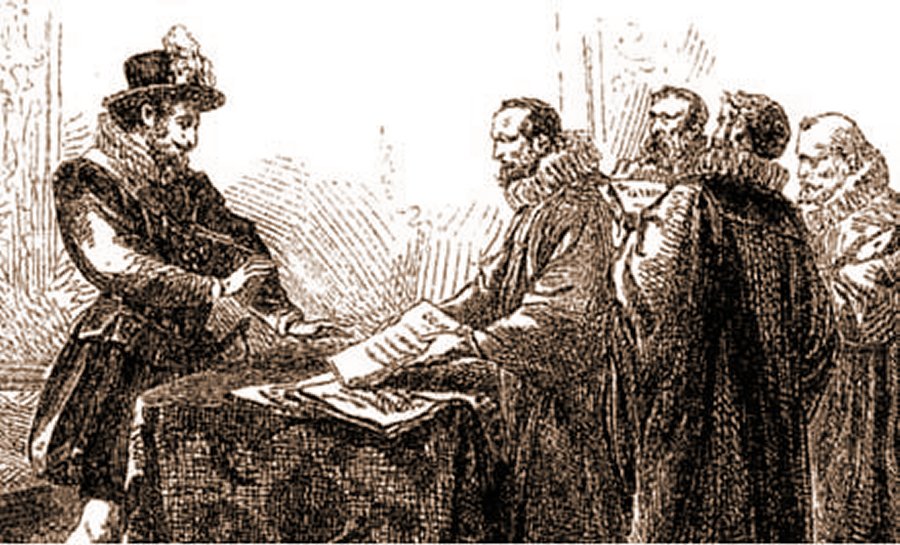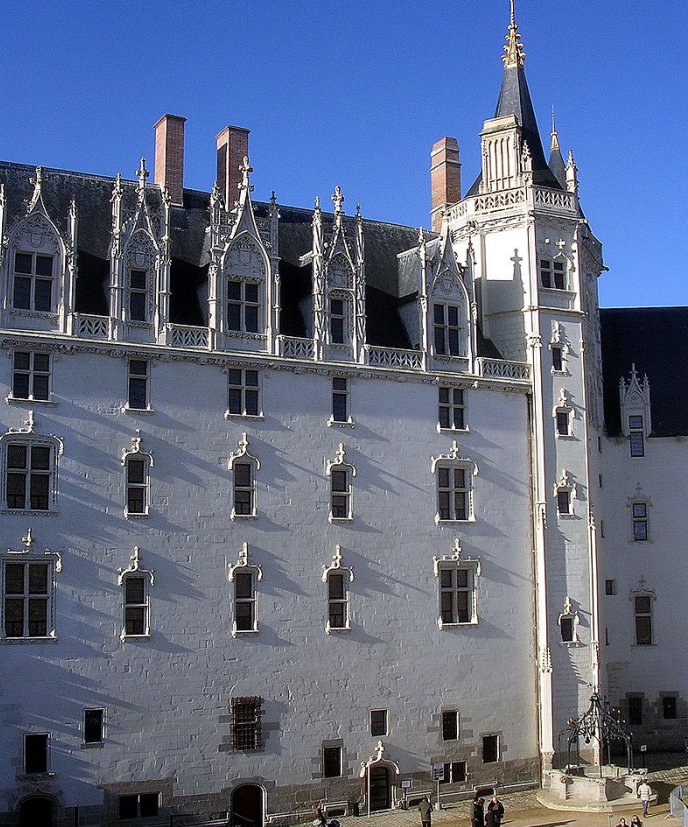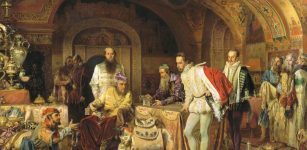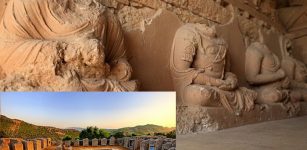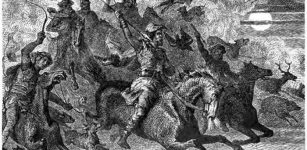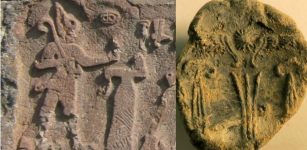On This Day In History: ‘Edict Of Nantes’ About Freedom Of Religion Issued By Henry IV – On Apr 13, 1598
AncientPages.com - On April 13, 1598, Henry IV of France signed the Edict of Nantes.
It confirmed Roman Catholicism as the state religion, and at the same time, it granted religious freedom to Protestants.
Jan Luyken, The Proclamation of the Edict of Nantes, which was the royal decree of Henry IV that ended the French Wars of Religion in 1598.
It also effectively ended the War of Religion that had plagued France for a long time.
The Edict had to be registered by all parliaments, some of whom were openly hostile to such a decree. Henri IV had to impose it on the parliament in Paris, and in Rouen, the parliament took eleven years to ratify it.
Eventually, Huguenots were allowed to worship privately anywhere in France and were allowed public worship in specific places.
In many ways, the Edict was unworkable because it allowed the Huguenots political and military control of parts of the country, making them almost a nation within a nation.
Castle in Nantes, where the document was approved. Iamage credit: Jibi44 - CC BY-SA 3.0
On April 13, 1598, Henry IV promulgated an edict in Nantes, Brittany. It ordained that Catholicism would be restored and reestablished as the religion of the state, and the Catholic Church would preserve its privilege of collecting tithe, observing holidays, and enforcing restrictions regarding marriage.
The Huguenots also gained complete civil liberties. Under the Edict of Nantes, the Protestants enjoyed religious freedom and prospered in France for a time. However, piece by piece, the Catholic majority chipped away at the agreement's promises until finally, over eighty years later, King Louis XIV revoked the Edict, again trying to establish one religion for his country.
Even after revoking the Edict of Nantes, it remained an important memorial to freedom of conscience and religious liberty.
AncientPages.com
Expand for referencesReferences:

